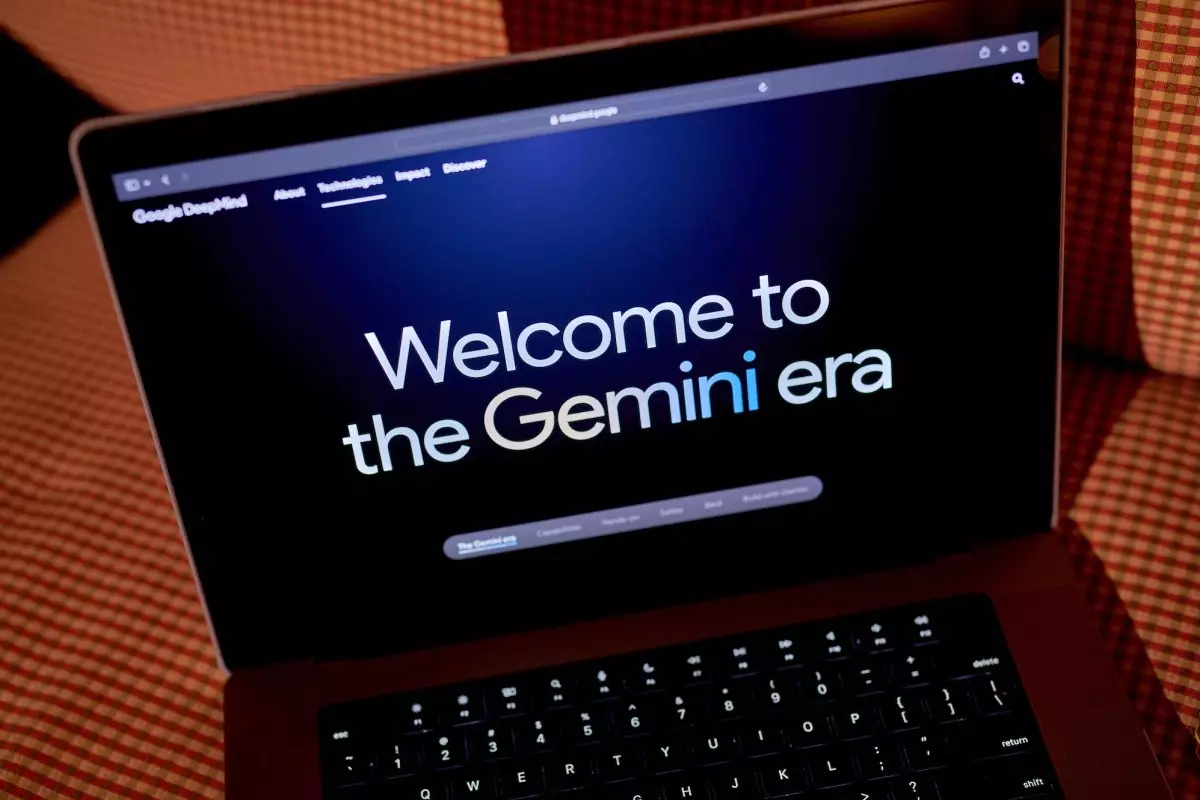As the race for artificial intelligence supremacy heats up, technology giants are meticulously evaluating their AI models against competitors. Google’s Gemini AI is no exception: its efficacy is currently being benchmarked against Anthropic’s Claude model. Internal communications revealed that contractors are explicitly tasked with comparing the two platforms, but there’s a murky ethical consideration lurking in the background. One must ponder whether Google possesses the necessary permissions from Anthropic to utilize Claude for testing purposes—an inquiry that Google has not yet clarified.
Such scenarios are increasingly common as companies strive for dominance in the AI landscape. However, rather than executing comprehensive evaluations based on industry standards, hiring external contractors to painstakingly analyze one’s competitor poses ethical dilemmas. Not only does this practice call into question intellectual property rights, but it also raises concerns regarding transparency and fairness in competition. Moreover, if companies freely integrate third-party outputs without consent, it risks undermining trust within the industry and jeopardizing collaborative innovation.
The contractors working on Gemini are given the challenging role of determining which AI model produces more reliable outputs. Interestingly, they are allowed 30 minutes per prompt to scrutinize and analyze the responses based on various criteria, such as truthfulness and detail. This meticulous evaluation process illustrates a thorough attempt at understanding model performance, yet reasons for using such a comparative approach remain opaque. Are the results from this methodology truly indicative of performance, or do they plant doubts about the legitimacy of the evaluations being conducted?
Furthermore, discussions among contractors highlighted notable differences between Gemini and Claude’s safety mechanisms. Observations noted that Claude demonstrates stricter safety measures, often refraining from answering prompts deemed hazardous. Conversely, Gemini’s responses could, in some instances, venture into territories that Claude might avoid entirely. Such disparities raise critical questions: Should AI models be tested for safety in comparative scenarios, especially under circumstances that could lead to morally questionable outputs? This could mark a paradigm shift in how AI developers approach safety evaluations in future projects.
An underlying ethical concern surfaces in the form of Anthropic’s commercial terms, which explicitly disallow the use of Claude in the development of competing products without prior approval. Given Google’s significant investment in Anthropic, this complicates the narrative further. It starkly illustrates the challenges and potential conflicts of interest that arise within the industry. Google’s refusal to confirm whether any permissions were secured from Anthropic intensifies these ethical debates, creating an environment rife with speculation.
It becomes imperative to distinguish between ‘benchmarking’ as a form of legitimate evaluation versus a potential infringement on competitive practices. Such ambiguity could not only damage inter-company relationships but also engender legal repercussions, should accusations of unauthorized use arise. Tech companies are expected to forge their paths without infringing on competitors, making transparency regarding partnerships and testing practices crucial to maintaining a fair playing field.
A Call for Accountability and Transparency
As contractors express unease over Gemini potentially generating misleading information on sensitive subjects like healthcare, it further highlights the technological and ethical intricacies entwined within AI development. When evaluating AI models, the stakes are high, and the implications of inaccurate responses can have far-reaching effects in sectors that affect human well-being.
As Google and other tech firms push boundaries in AI, they must not only focus on enhancing capabilities but also prioritize ethical standards in their development processes. The comparison between Gemini and Claude sheds light on substantial industry practices that warrant closer scrutiny. To navigate the complexities of AI evolution responsibly, adherence to ethical norms and clarity in competition must remain at the forefront. Ultimately, fostering an environment of accountability could lead to more trustworthy and beneficial technological advancements that serve society as a whole.

